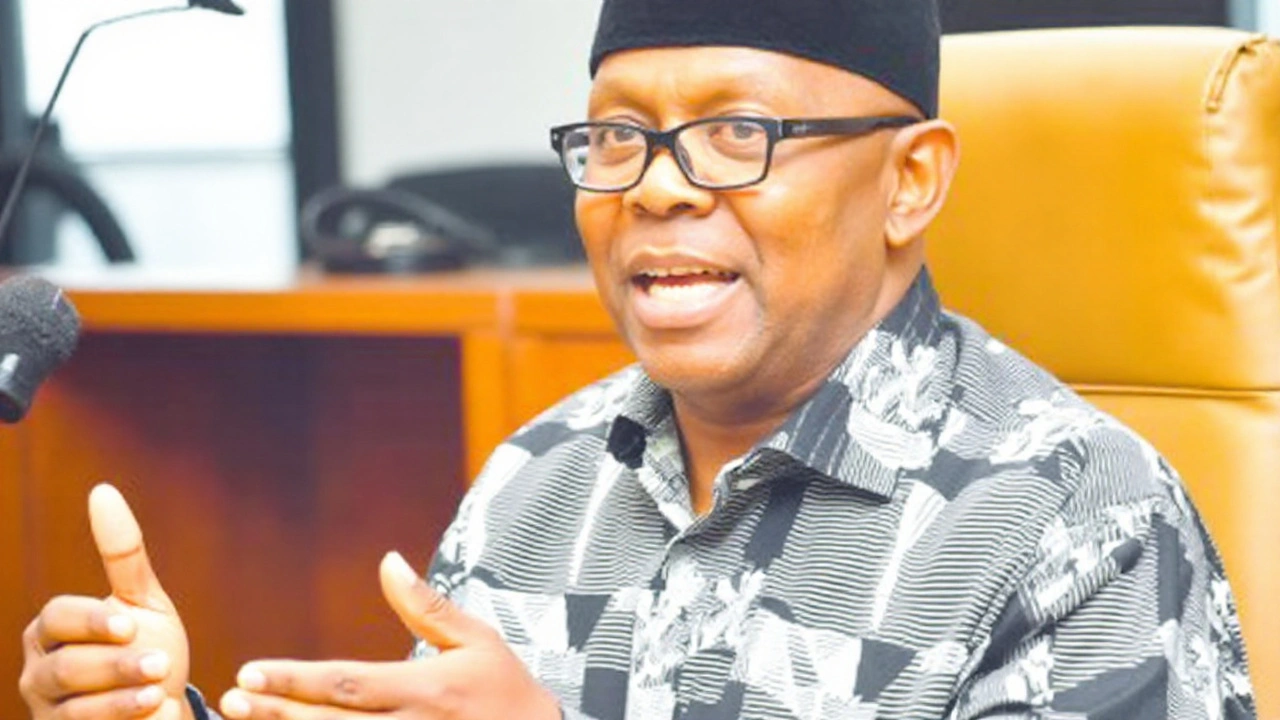Minimum Wage Updates Across Africa
Wondering what’s happening with minimum wage laws on the continent? You’re not alone. Every few months governments tweak the lowest legal pay to match inflation, cost of living, or political pressure. Those changes can mean higher earnings for shop assistants, but also higher costs for small shop owners. Below we break down the key points you need to know right now.
Why Minimum Wage Matters
Minimum wage sets the floor for what a worker must be paid per hour or month. When it’s raised, low‑income families often see a boost in household income, which can help them afford food, transport, and school fees. On the flip side, businesses with thin profit margins may raise prices or cut staff hours to stay afloat. The balance between protecting workers and keeping businesses viable is the heart of the debate.
Recent Changes in Major African Countries
South Africa recently announced a 6% increase, pushing the national minimum wage to R24 per hour. Kenya lifted its daily minimum to KSh 310, aiming to curb poverty in rural areas. Nigeria’s federal government is still drafting a new wage grid, but several states have already set their own rates, ranging from ₦30,000 to ₦45,000 per month. These moves show a clear trend: more countries are trying to align wages with rising living costs.
What does this mean for you? If you’re a worker, check your local labor department’s website to confirm the exact rate for your sector. If you run a small business, start budgeting for higher payroll expenses now—don’t wait for the law to hit you later. Many firms are already adjusting schedules, automating routine tasks, or offering training so employees can move into higher‑pay roles.
Another piece of the puzzle is the “living wage” discussion. While minimum wage is a legal minimum, a living wage aims to cover basic needs like housing, healthcare, and education. NGOs across Africa are pushing governments to adopt living‑wage standards, arguing that the current minimum often falls short. Some companies are voluntarily paying above the legal floor to attract talent and boost morale.
In short, stay informed, plan ahead, and keep an eye on the broader impact. Wage changes ripple through the economy—affecting consumer spending, inflation, and even political stability. Follow our tag page for real‑time updates, expert analysis, and practical tips on navigating the minimum wage landscape in Africa.






